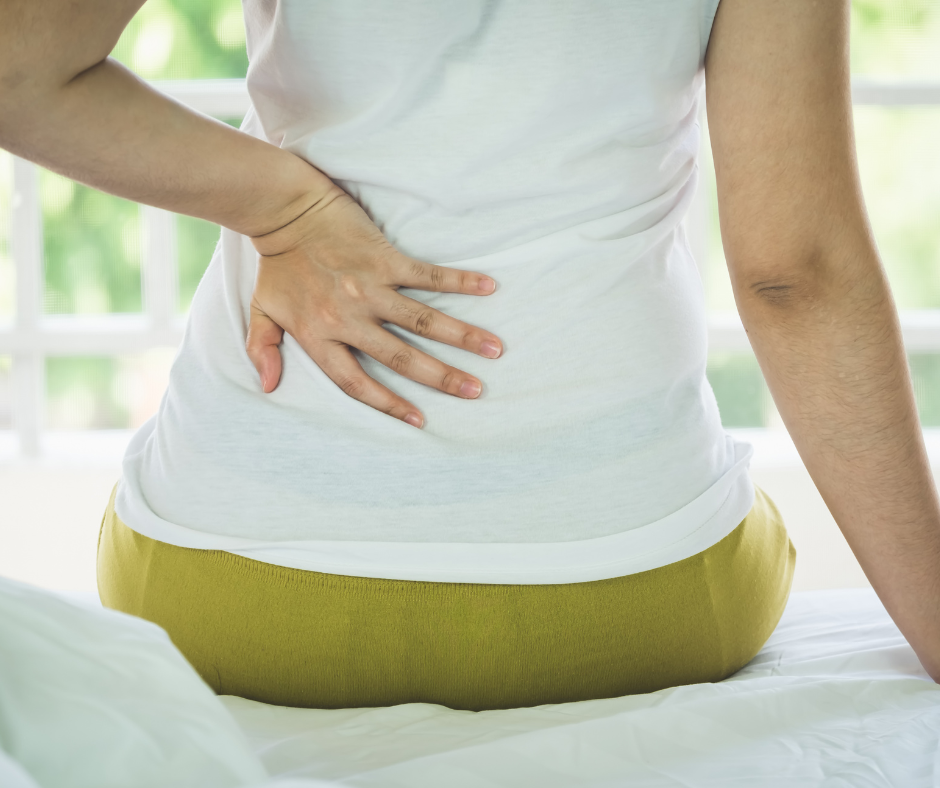Chronic kidney disease, or CKD, affects nearly 3.5 million people across the United Kingdom. When someone has CKD, the kidneys become damaged and don’t clean your blood as well as healthy kidneys do. With the kidneys not functioning correctly, extra fluid and waste can build up in the body, leading to related health issues such as heart disease or stroke.

How Is Chronic Kidney Disease Treated?
In most cases, there is no cure for CKD. Treatment depends on the progression of the disease and other individual factors. The goal of treatment is to slow or stop the progression of the disease. With some patients, this can be managed using medication.
In more severe instances of CKD, a kidney transplant or dialysis may be required.
- What is dialysis? Dialysis is a process that acts as an artificial kidney. This procedure filters toxins, waste, and fluid from the body—in other words, dialysis does the work that damaged kidneys cannot.
How Does Diet Impact Chronic Kidney Disease?
While it’s not possible to cure or entirely manage CKD through your diet, following a kidney-friendly diet (also known as a renal diet) can help to slow the progression of the disease. Because CKD makes it difficult for the kidneys to filter out waste products, choosing foods that decrease waste accumulation and avoiding others can help improve kidney function and prevent future damage.
The Best Foods for CKD
The best foods to eat when battling chronic kidney disease are ones that are rich in vitamins, antioxidants, and fiber. Here are some of the best foods to focus on if you’re following a renal diet:
- Arugula
- Bell peppers
- Berries
- Cabbage
- Cauliflower
- Egg whites
- Fish
- Macadamia nuts
- Onions
- Pineapple
- Radishes
- Red grapes
- Skinless chicken
- Turnips
The Worst Foods for CKD
For most chronic kidney disease patients, restricting three main nutrients—sodium, potassium, and phosphorus—is key to following a renal diet. Here are some foods to avoid if this is your goal:
- Apricots
- Avocados
- Bananas
- Brown rice
- Canned goods
- Dairy products
- Potatoes
- Processed meats
- Salty snacks, like crackers
- Tomatoes
- Whole wheat bread
Although some of these foods, like avocados and tomatoes, are nutritious in many ways, they are all rather high in sodium, potassium, and/or phosphorus.
Despite this rule, it is important to note that dietary needs vary from person to person. For example, many CKD patients can benefit from limiting their protein intake, as kidney damage makes it difficult to process waste products from protein. However, patients who are going through dialysis may have greater protein needs than other CKD patients. This is why it’s important to discuss any dietary changes with your physician.
References:
https://www.kidneycareuk.org/news-and-campaigns/facts-and-stats/
https://www.freseniuskidneycare.com/treatment/dialysis
https://www.healthline.com/nutrition/best-foods-for-kidneys
https://www.healthline.com/nutrition/foods-to-avoid-with-kidney-disease

